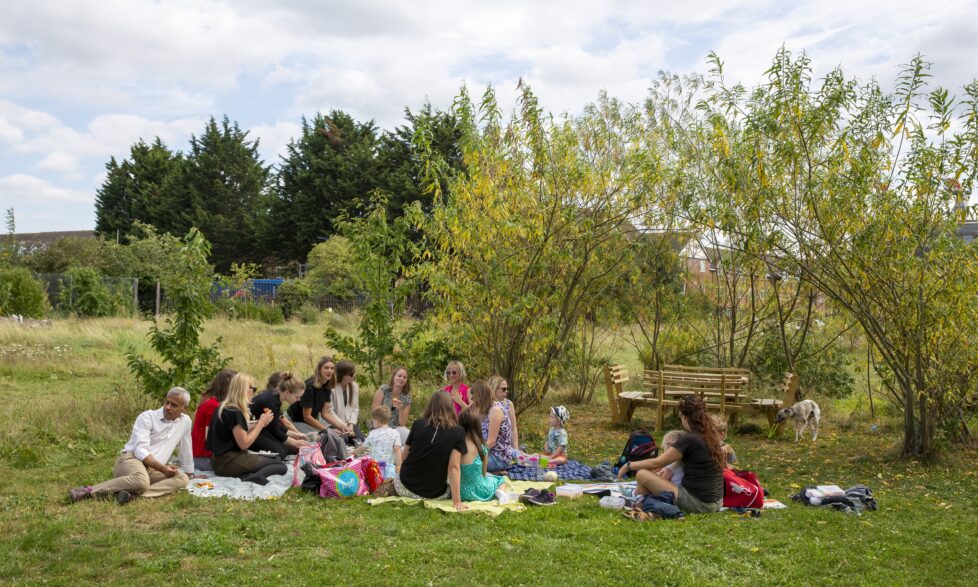New year, new mental health maintenance plan?
A quick poll at the start of a recent Charity Comms event on wellbeing showed that the mental health of 93% of those present had been negatively affected by their work at some point. That’s a pretty shocking statistic and I’m sure it’s not just true for those of us working in charity communications.
Because workplaces are made up of human beings with all our foibles, they exist somewhere along the functional/dysfunctional continuum. Combined with this, we are all working far more intensely than in the past. Managing emails, social media channels, different types of instant message platforms and the demands of equally pressurised colleagues and clients can get a bit much sometimes.
Clearly, those in leadership positions have a responsibility to look after staff wellbeing. That includes creating a supportive and open culture, not creating unreasonable demands and keeping goal posts steady. It also means making sure people feel a sense of ownership and control over their work, and that they know it’s ok to say if they’re struggling.
But as individuals, each of us also has a responsibility – and the power – to look after ourselves. And lots of us have our own ways of making it through difficult times.
So as Bioregional’s health and happiness sponsor, I recently organised a brainstorming session for people to share the stress-busting tricks that work for them, so we can all learn from each other.
Here are the tips I gathered:
Step away from your desk. We all know that sitting at our desks for long periods of time isn’t good for us. So set a timer to get up from your desk and have a stretch at regular intervals. Even just looking away from your screen every ten minutes or so will help rest your eyes – and your brain.
Get outside. If you feel like a pressure cooker about to explode, or are having a mid-afternoon slump, take a walk around the block and get some oxygen into your lungs.
Improve your productivity. Some of us at Bioregional have been on the Productivity Ninja course, or have just read the book, and highly recommend it. One of my workmates said filling in her timesheets every day, instead of leaving it until the end of the month, helps too. She also suggested that keeping a tidy desk helps (There is therefore no hope for me).
Have a healthy commute. Run, walk or cycle for some or all of your commute – it’ll boost your mood and increase your energy at the start of the day, or calm your mind at the end of it.
Meditate on it. A number of us meditate at a set time of day. I do this, and find it improves my ability to focus. There’s also something called a ‘three-minute breathing space’ which can be done at any time of day to help you feel more grounded. One colleague is all over alternate nostril breathing, which has a similar effect.
Use an app. Some of us use an app to help build healthy habits. One colleague swears by Ten percent happier; another mentioned Sam Harris, who also has a podcast. There are countless free apps too. My current favourite is Insight Timer.
Be strict with your emails. Check emails at set times of day, and don’t check emails outside work. I know it’s tempting to have one last quick look at work emails while you’re slumped on the sofa watching Bake Off, but you need to stop it! And don’t even think about taking that blue screen to bed with you.
Some of the less conventional ideas suggested by colleagues included: walking around without shoes (please wash feet and socks first), bringing in pets and babies to the office for a cuddle, or buying a pillow to punch/scream into.
I hope some of these tips are helpful. It’s all about picking a few things and building up your own plan – I heard someone recently call it a ‘mental health maintenance plan’. Even just trying one new thing and committing to it will help.
And what better time than the start of the new year to start some healthy habits?
Incidentally, I’ve just finished reading Ruby Wax’s new book, Frazzled, which provides lots of suggestions on how to be more mindful in our relationships with other people. One of the sections in the book is called: “How to deal with people you think are idiots.” If that’s not going to help you reduce work stress, what is?
‘Health and happiness’ is one of Bioregional’s ten One Planet Living principles.




